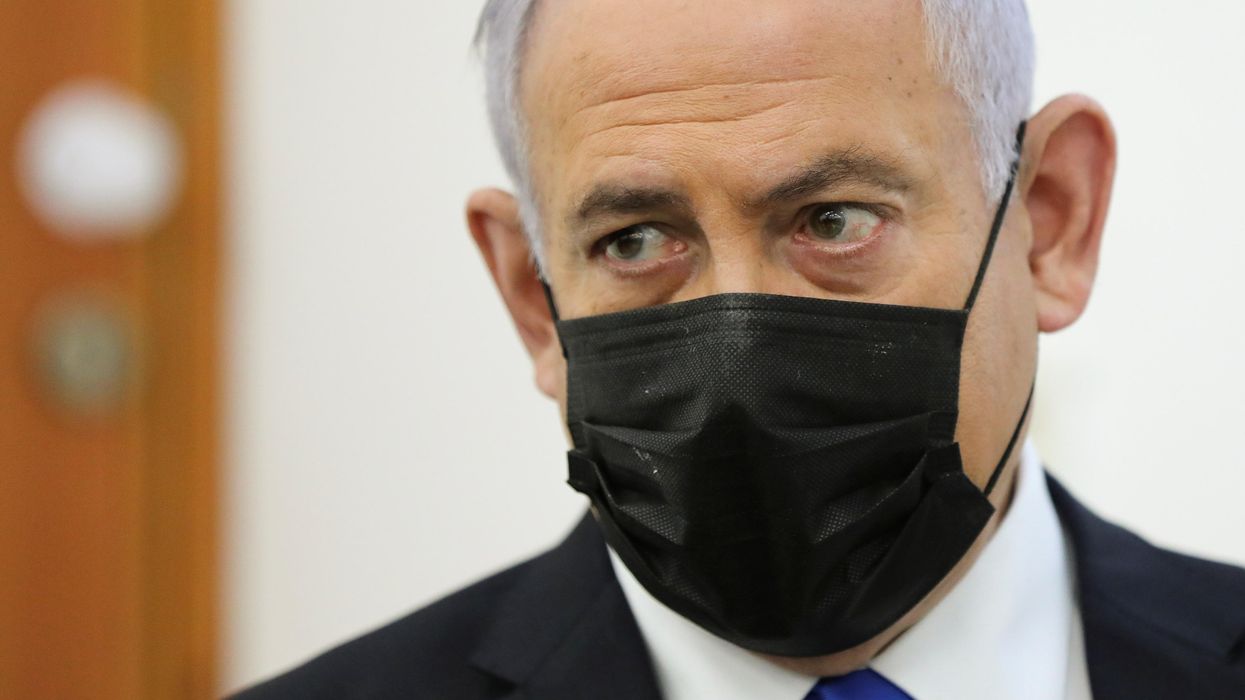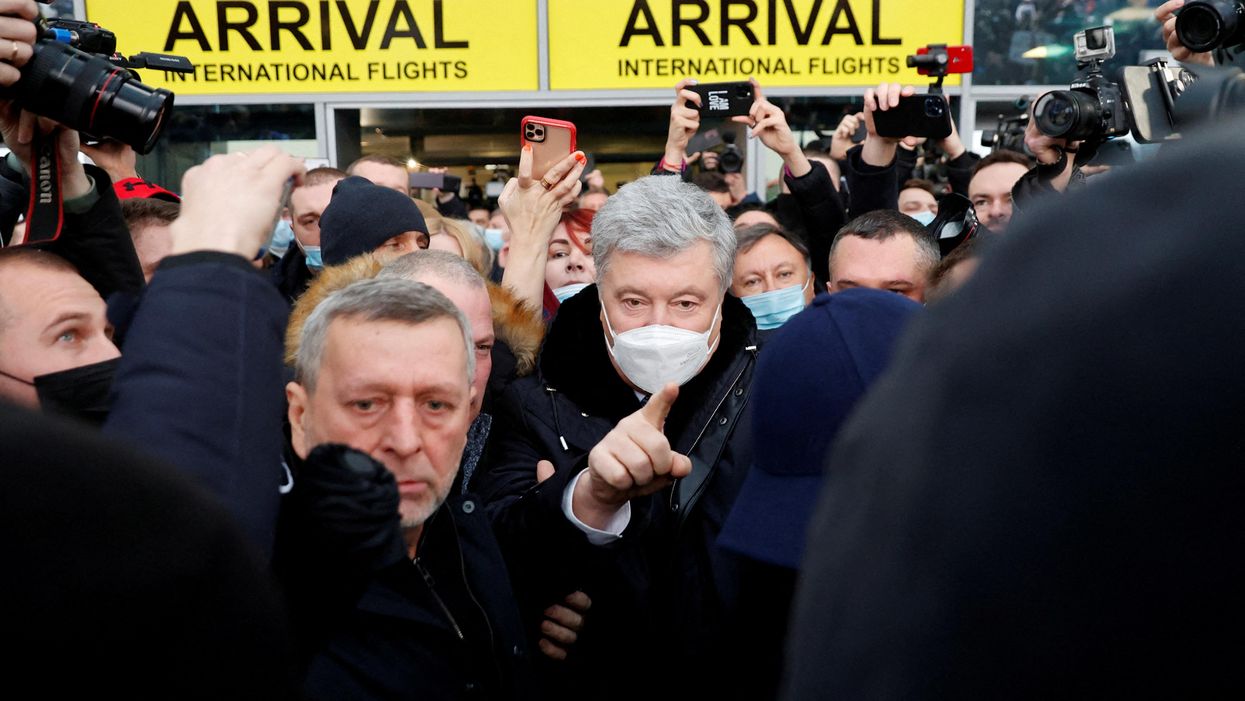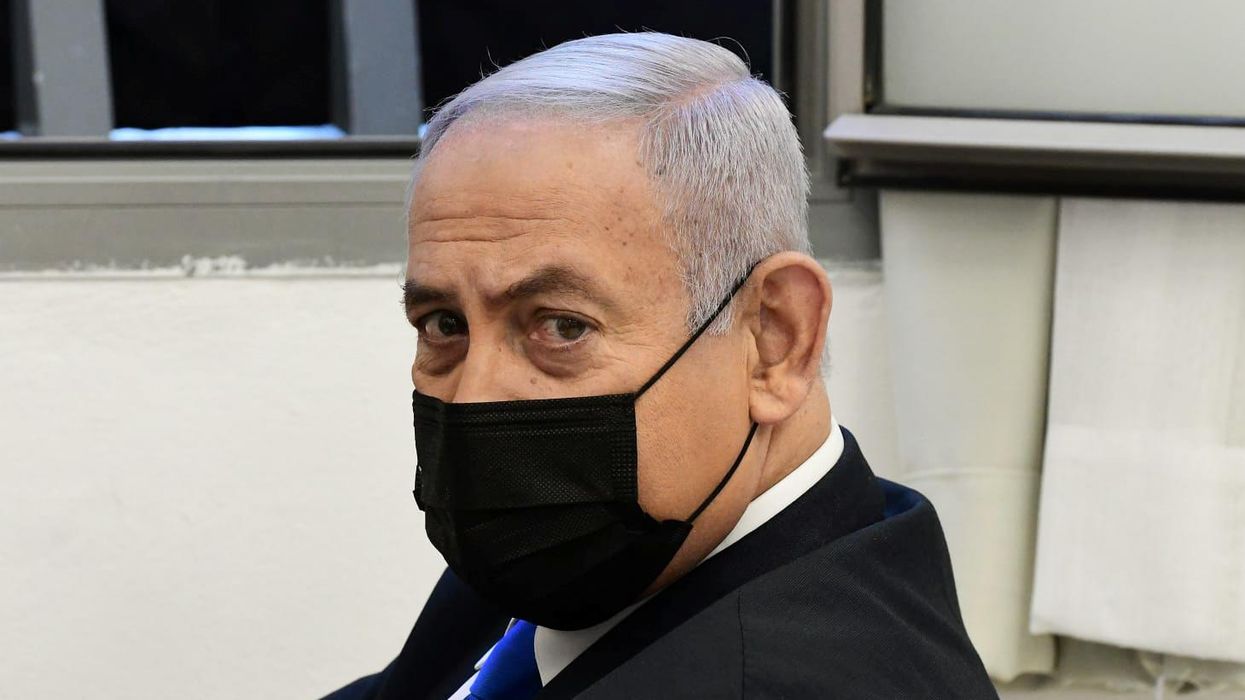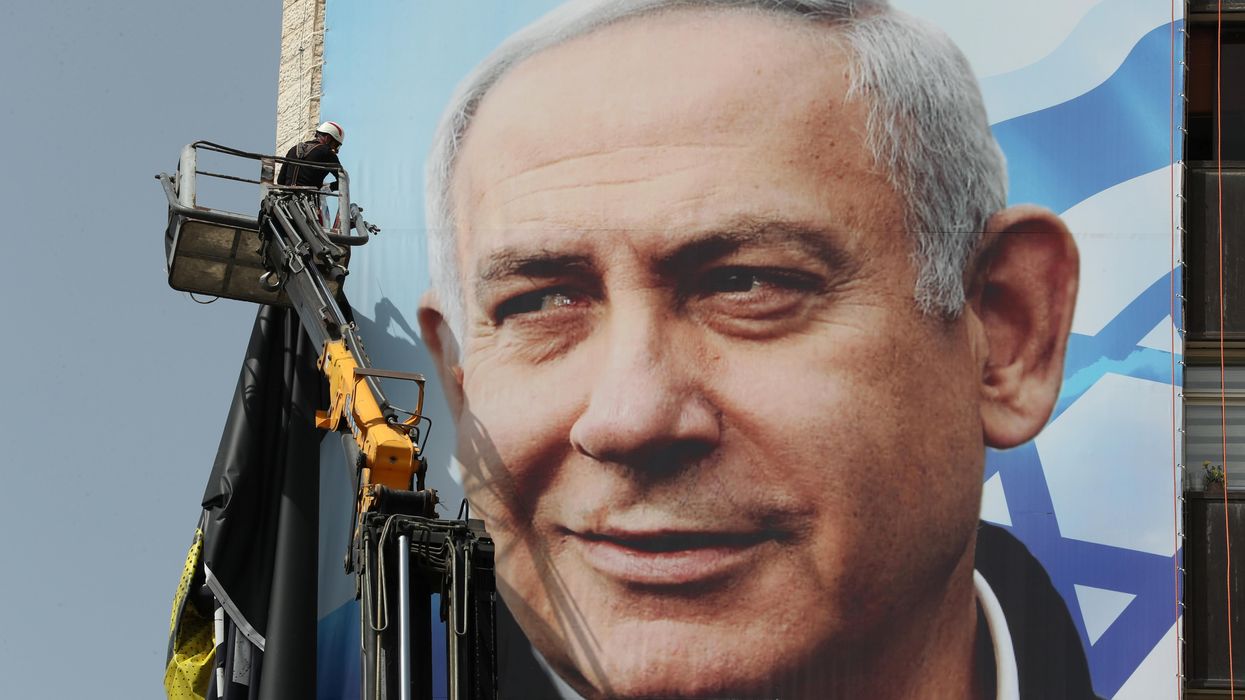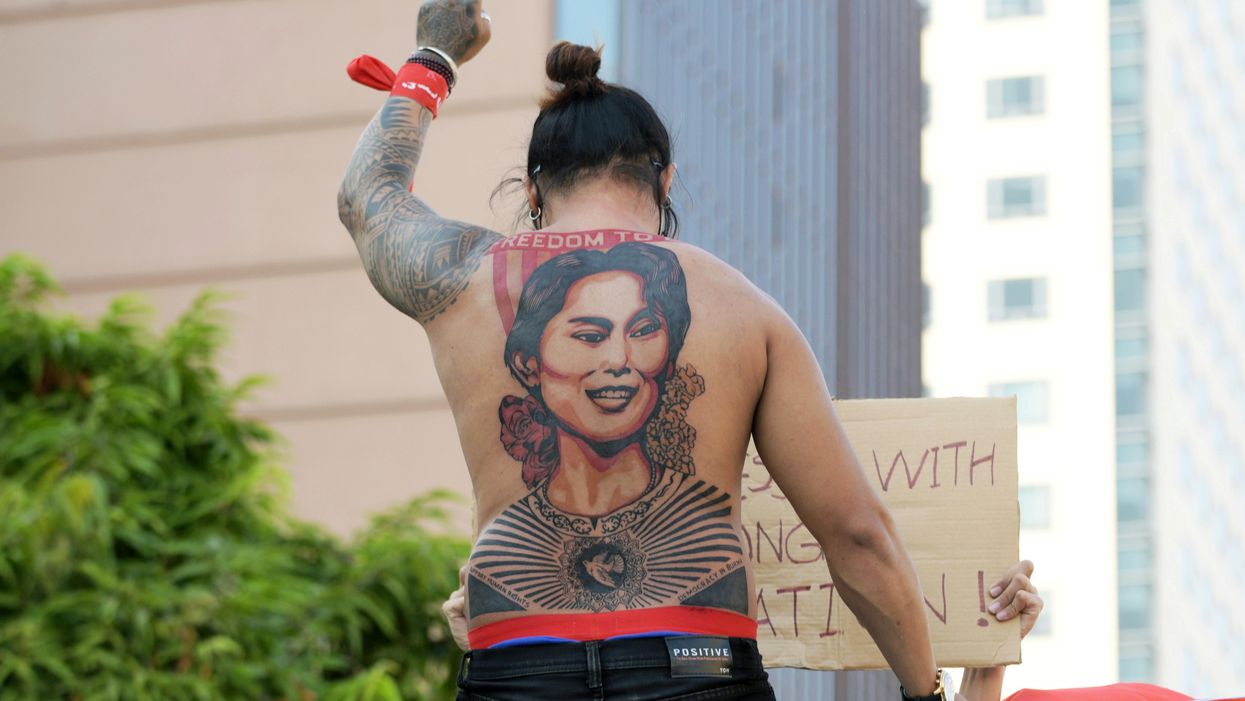News
Will Pegasus set Bibi free?
It was recently alleged that Israeli police used Pegasus, state-of-the-art spyware, to hack a slew of politicians, activists, journalists, and witnesses in the corruption trial of former PM Benjamin Netanyahu. What might this mean for the trial's outcome and for the current coalition government?
Feb 10, 2022
